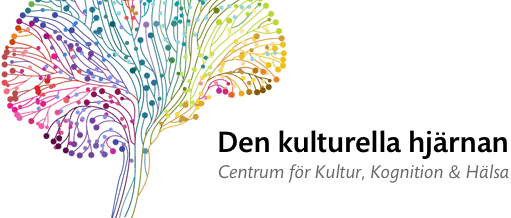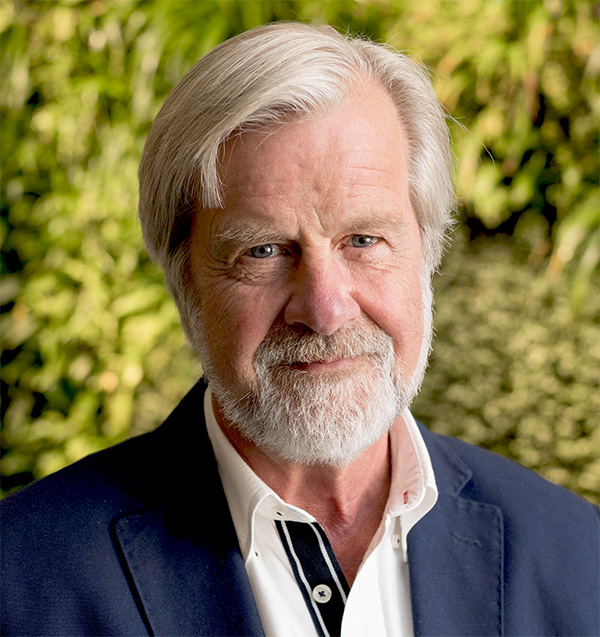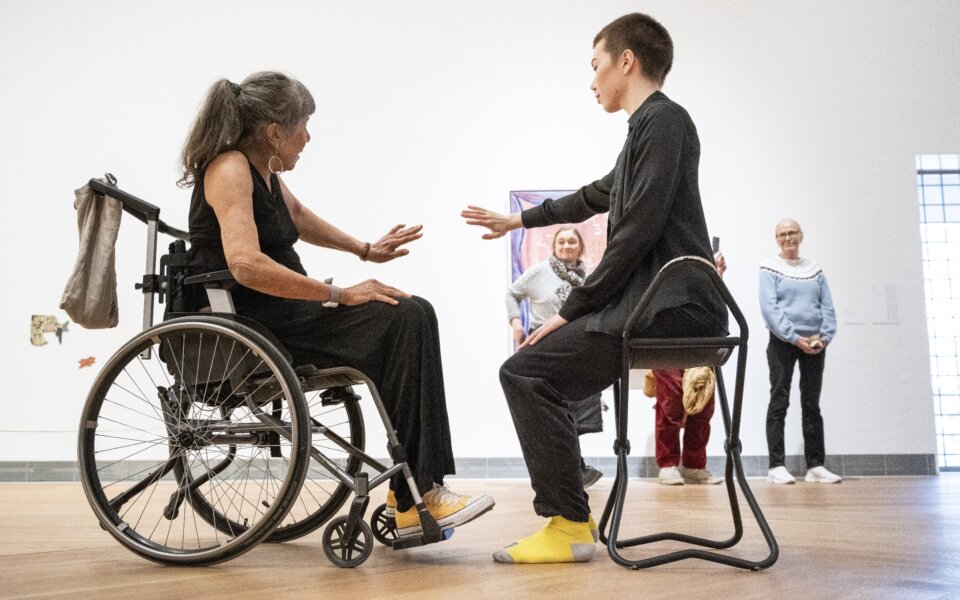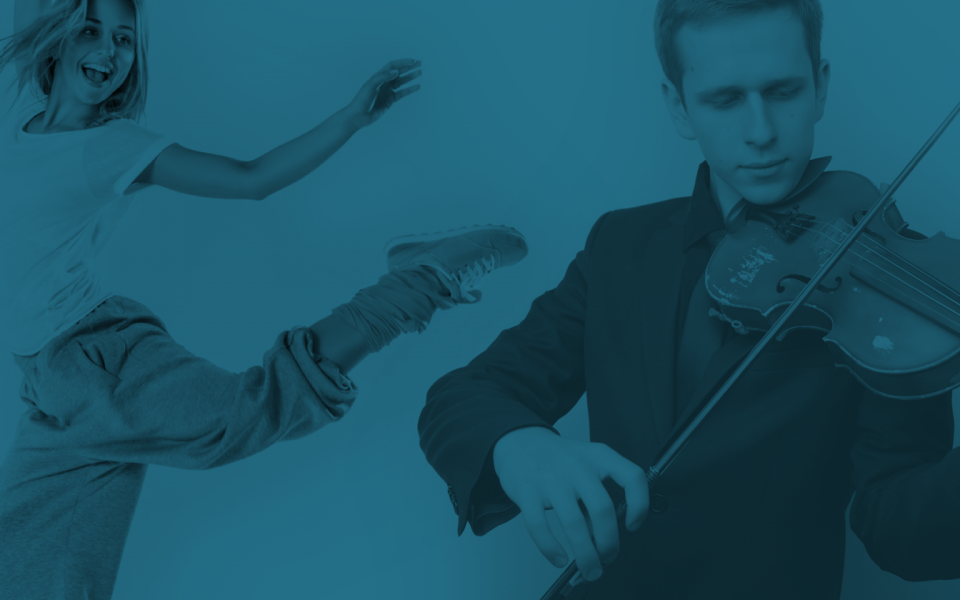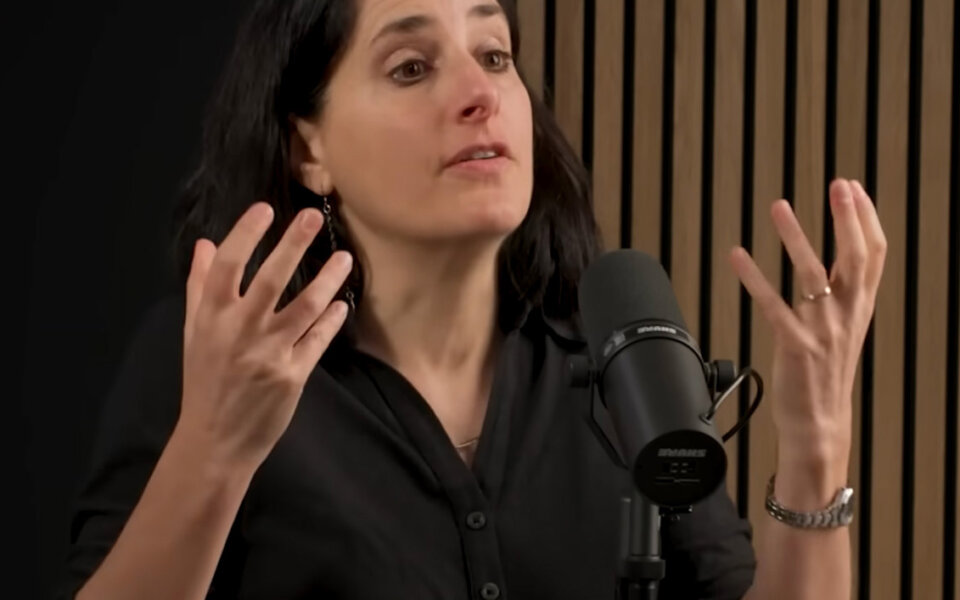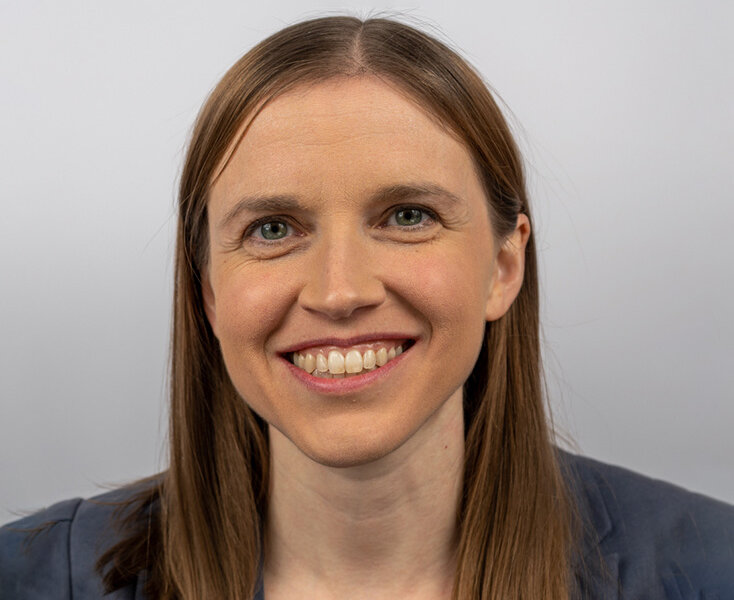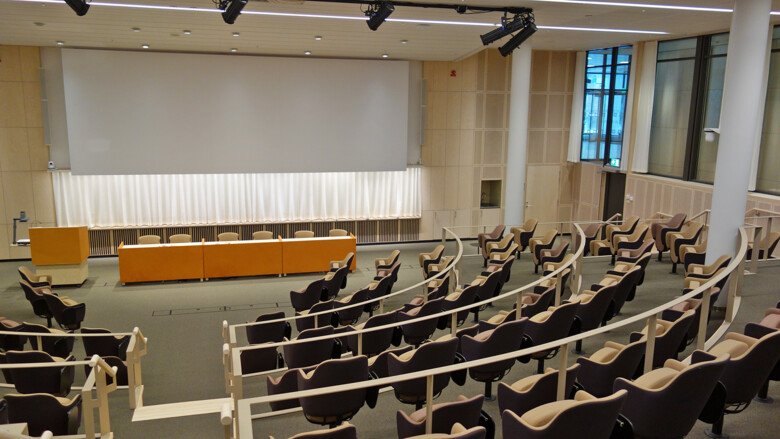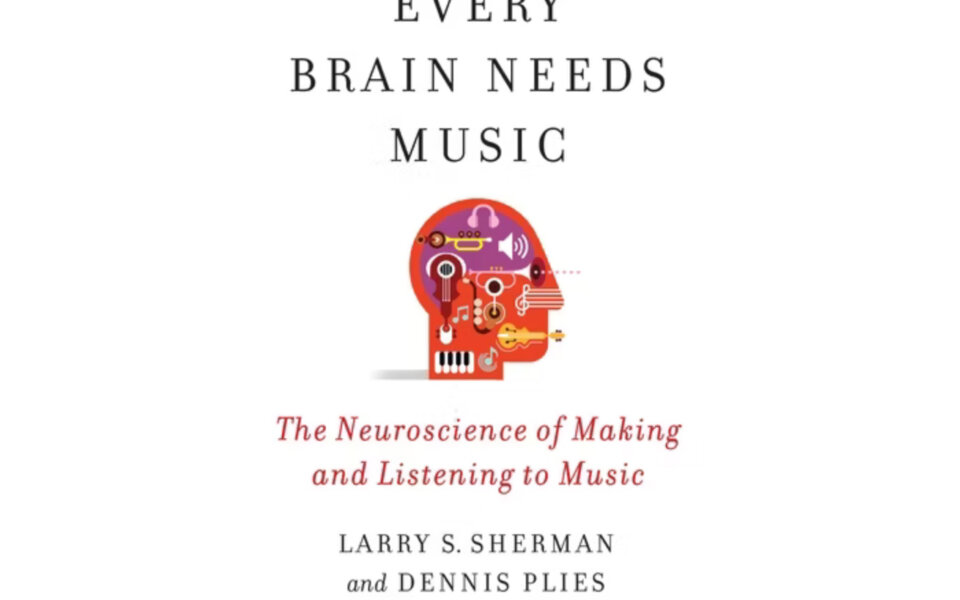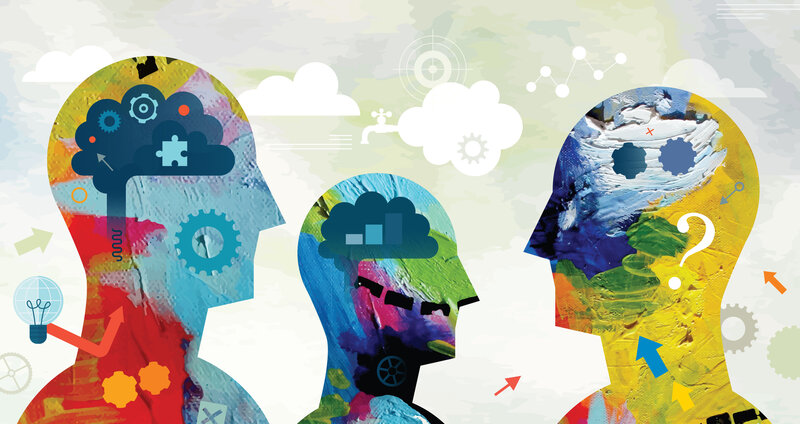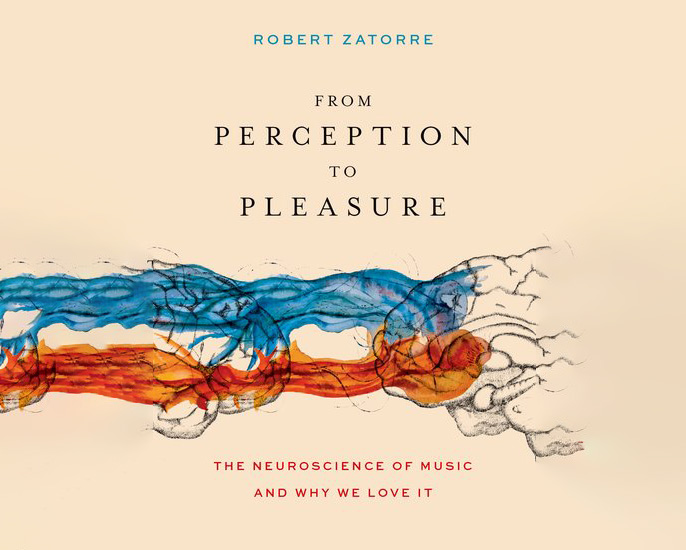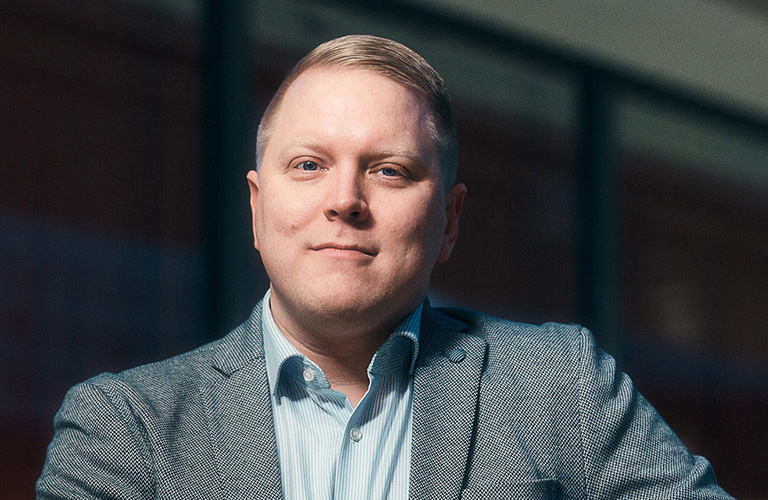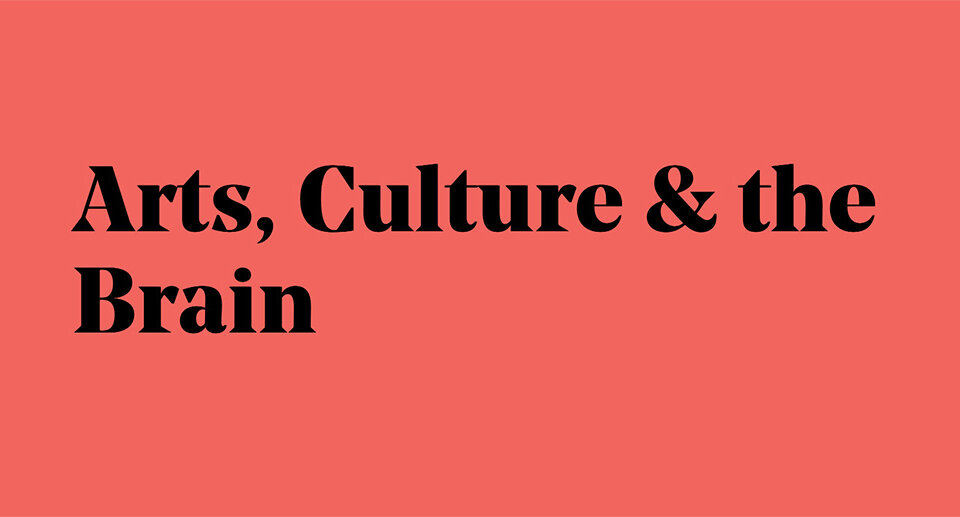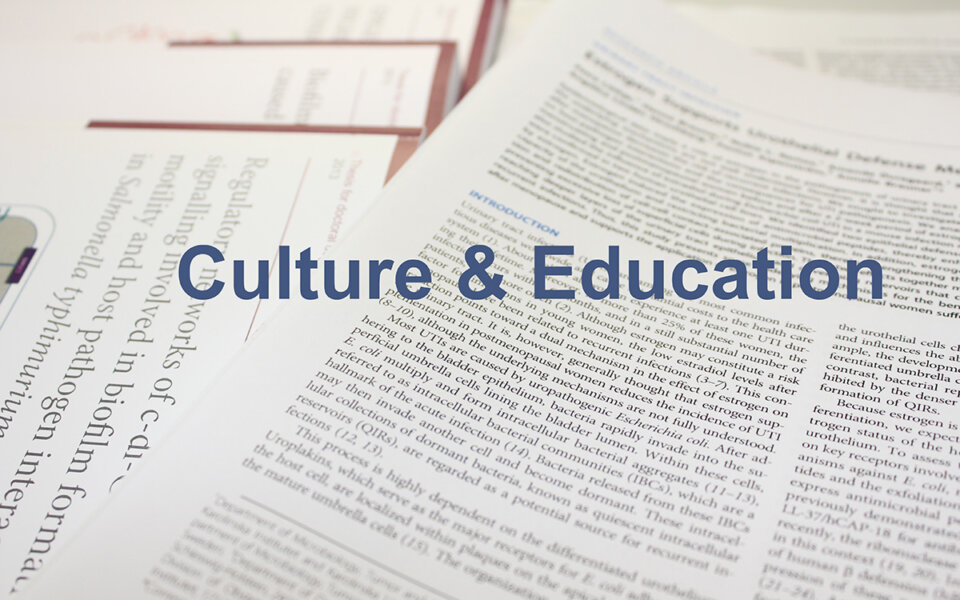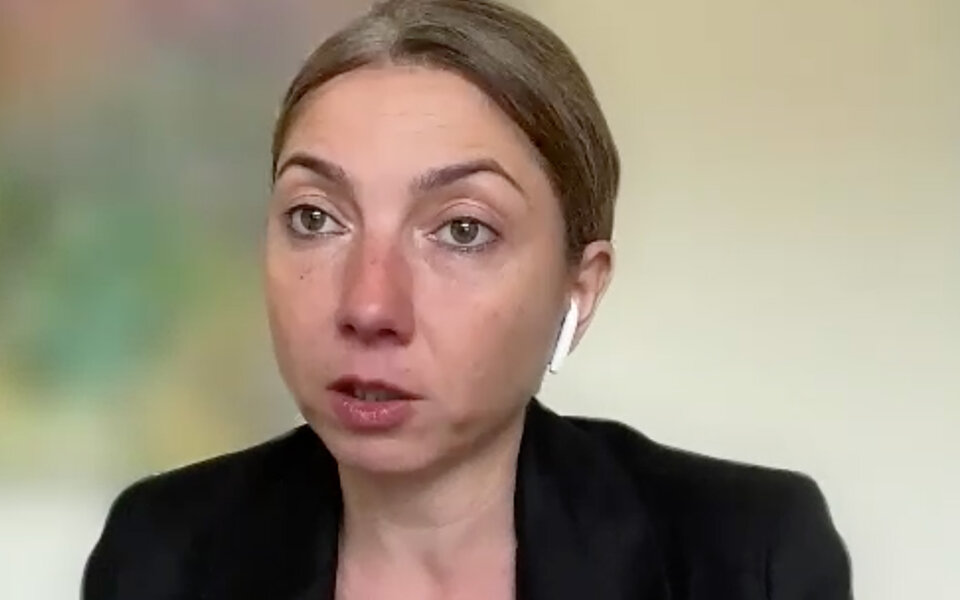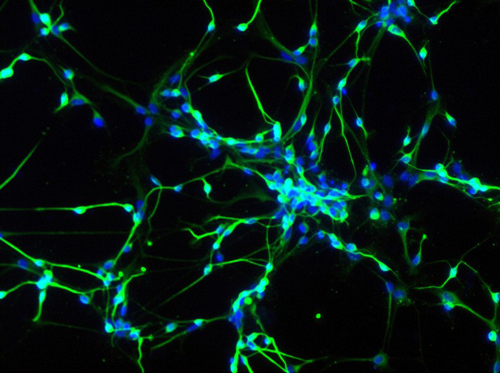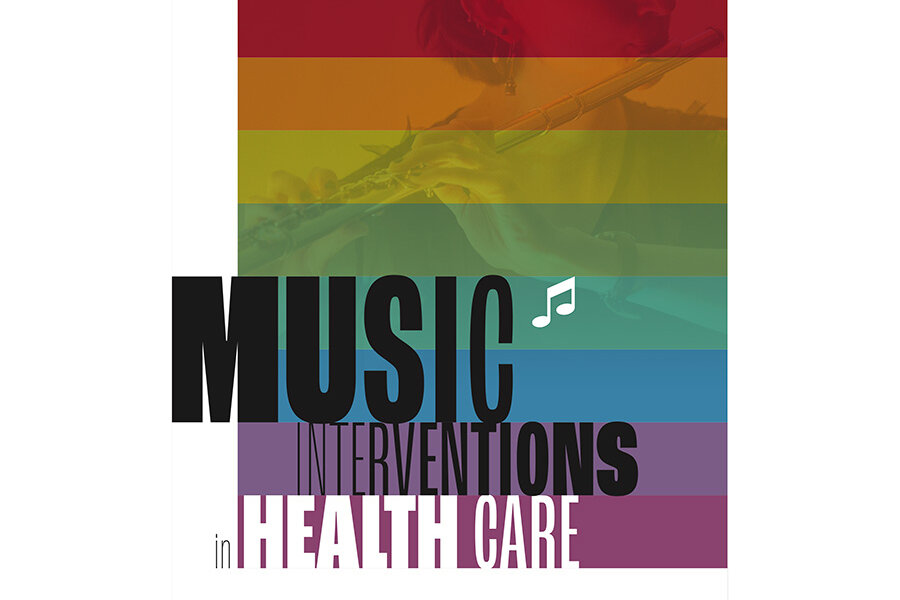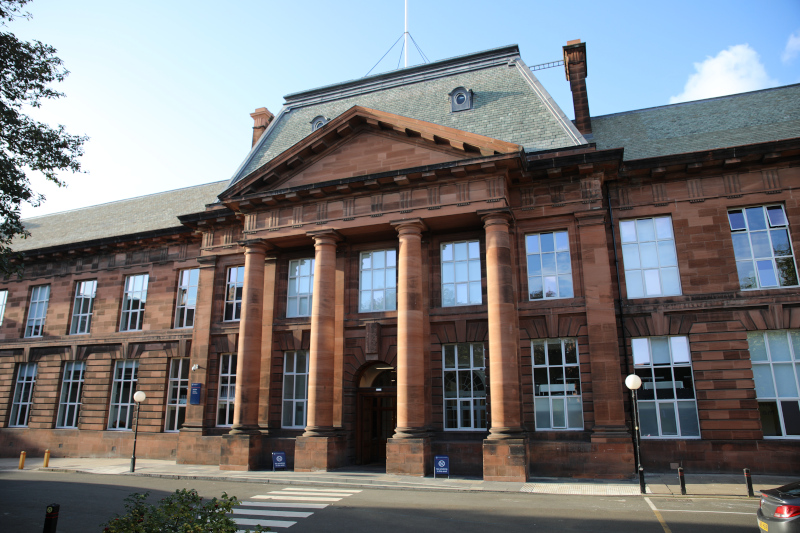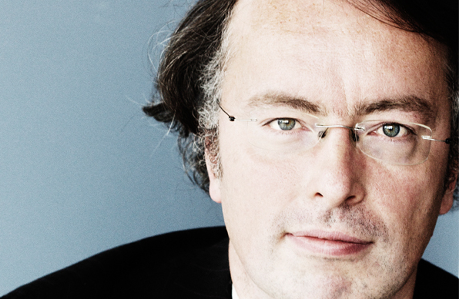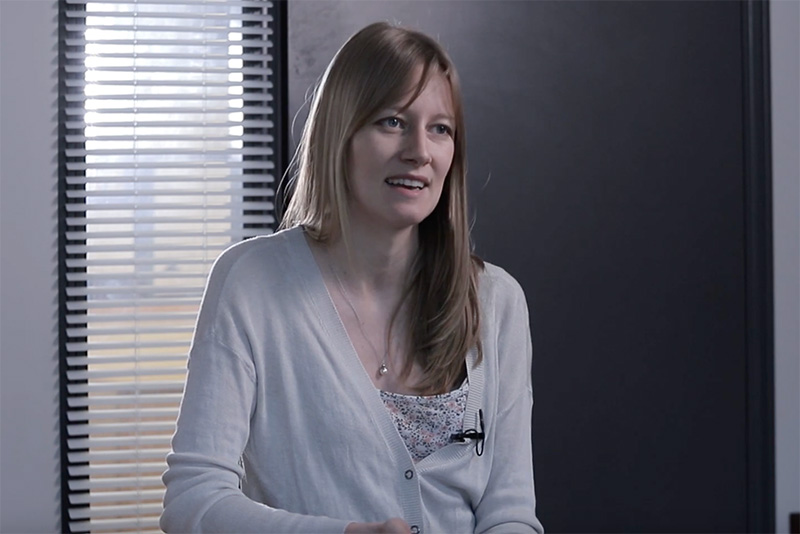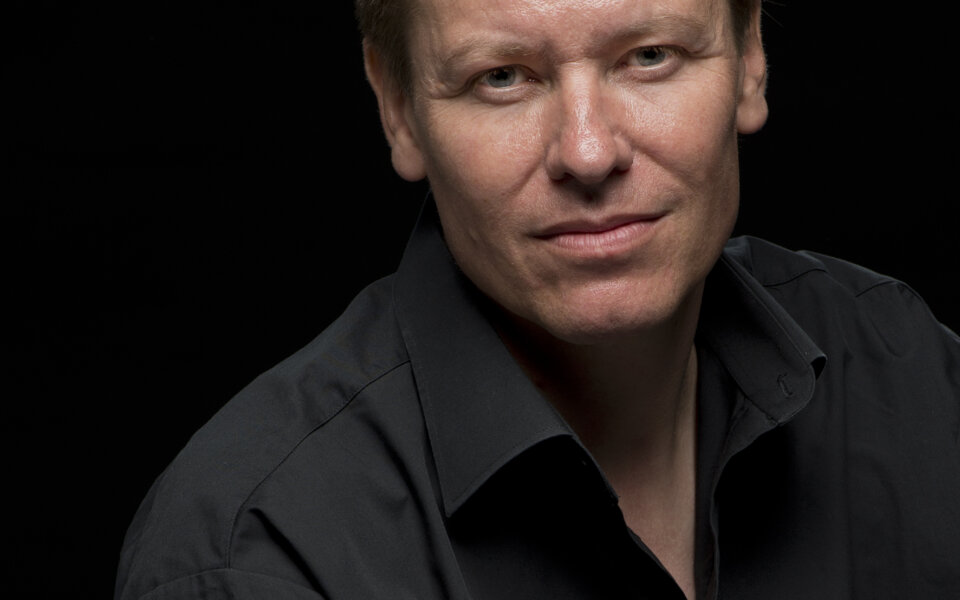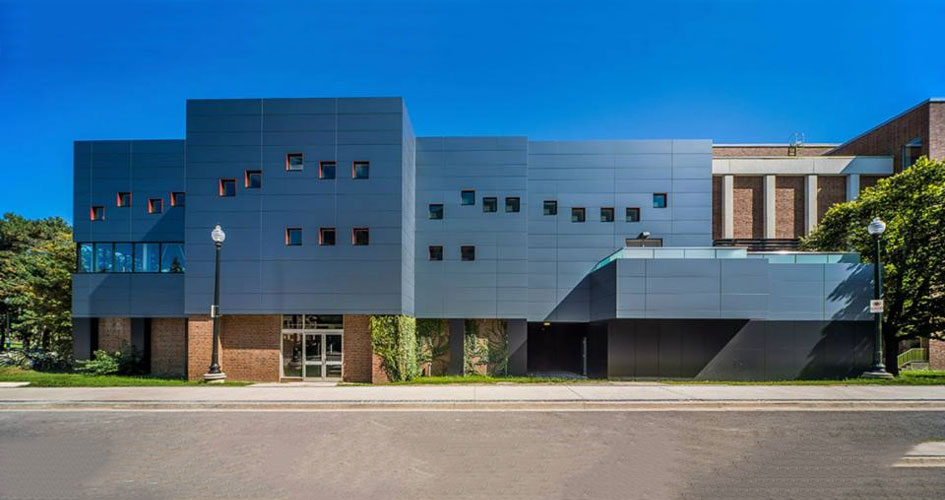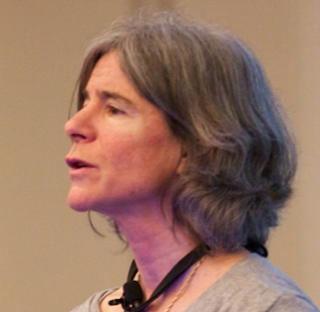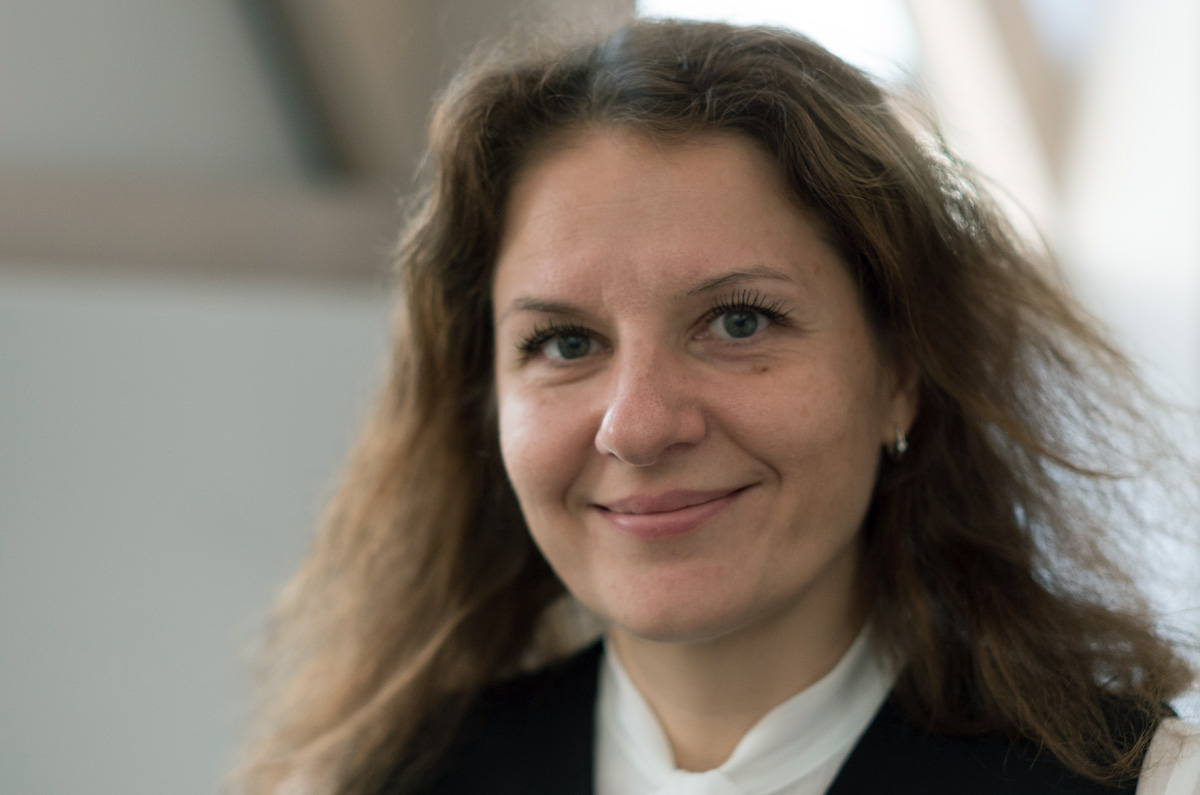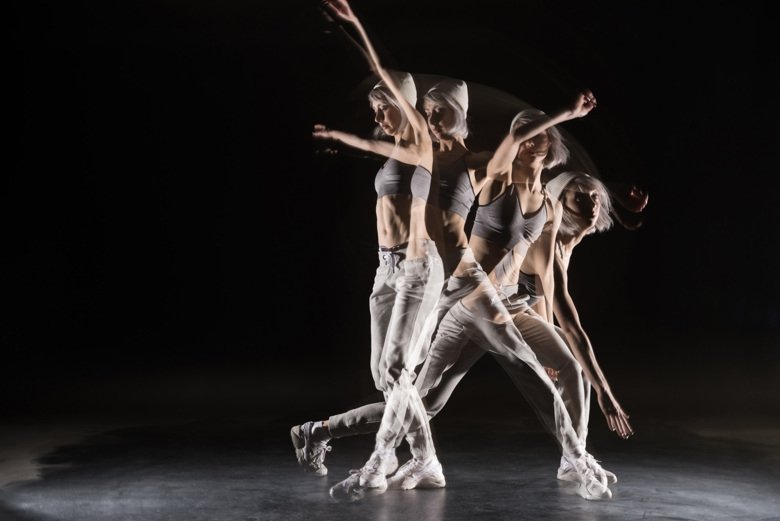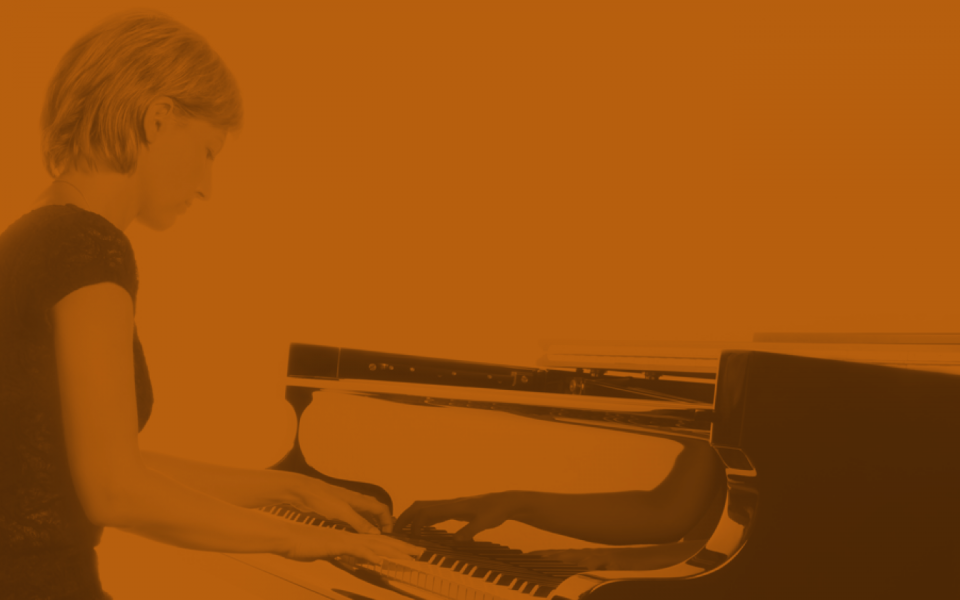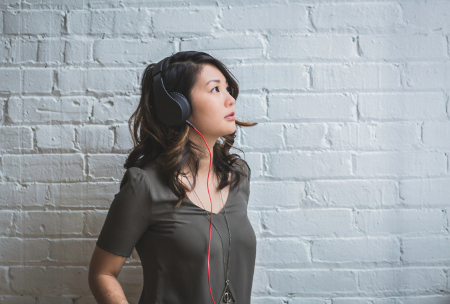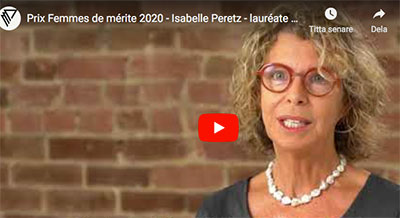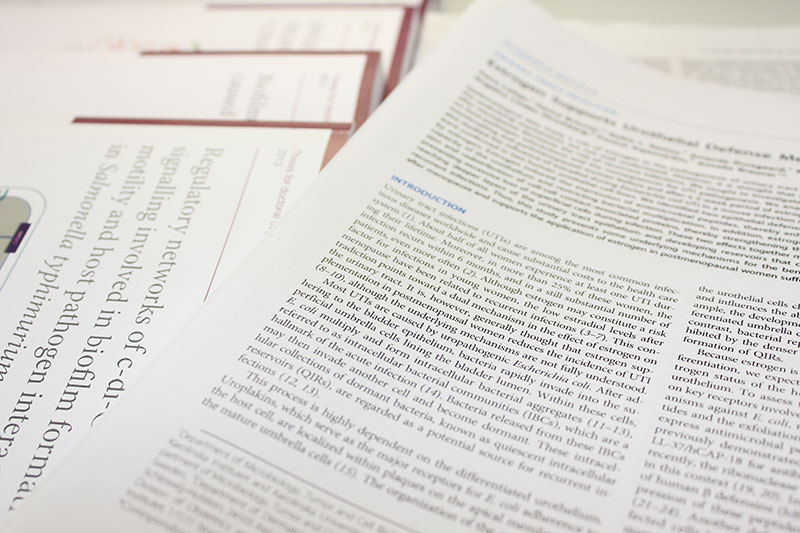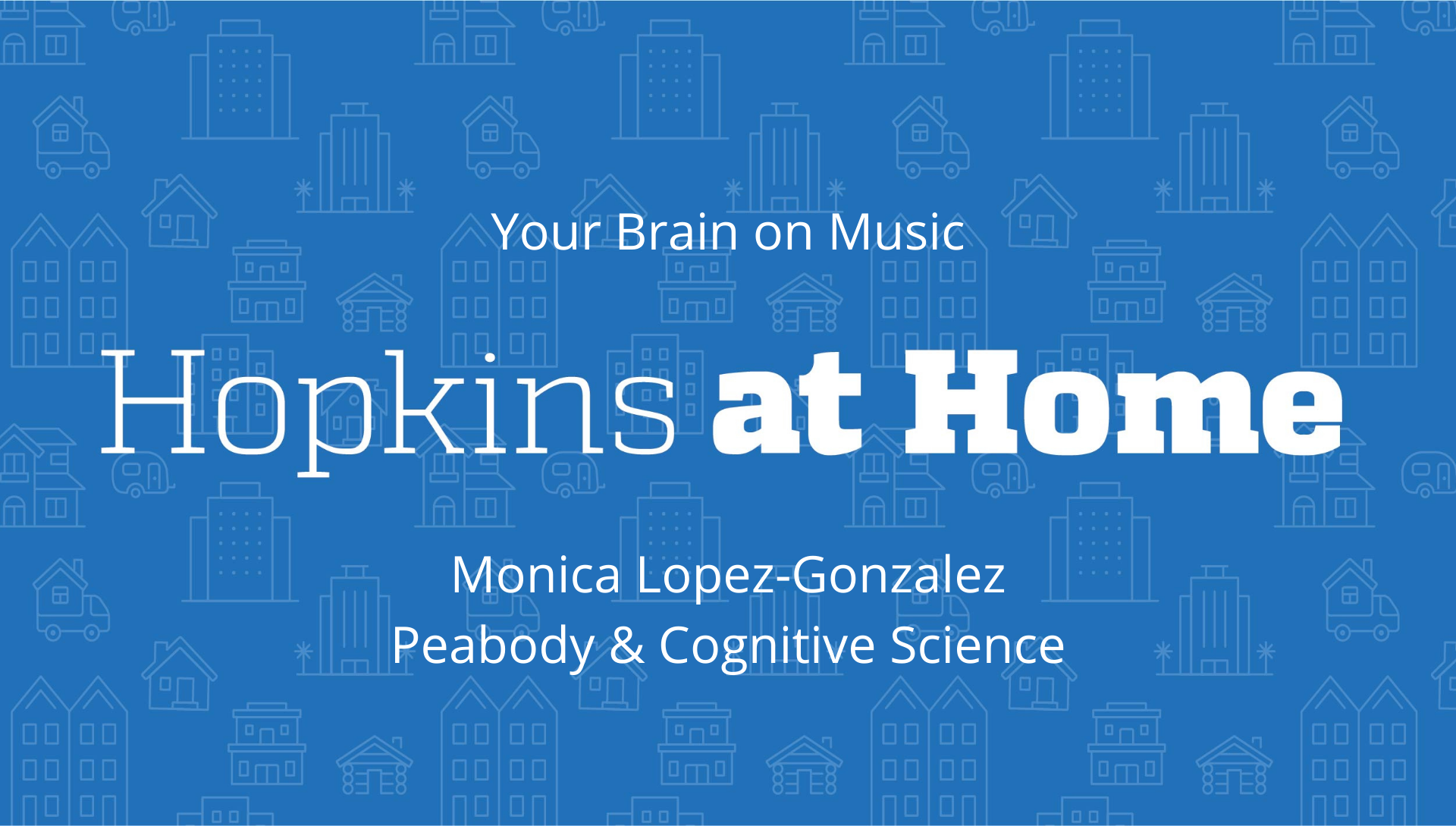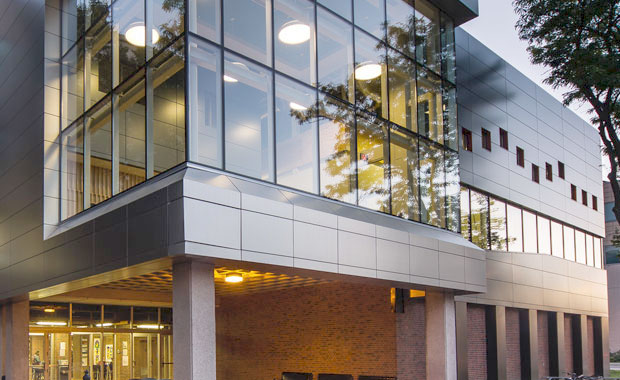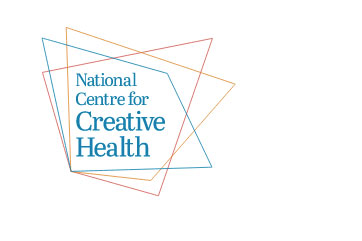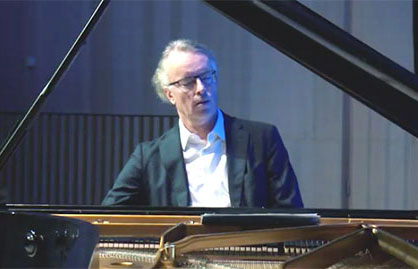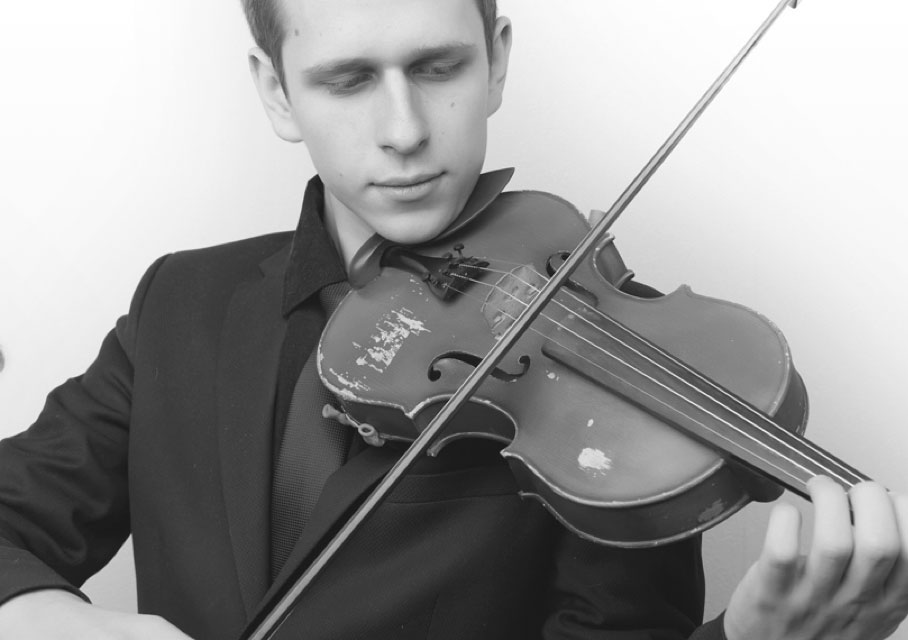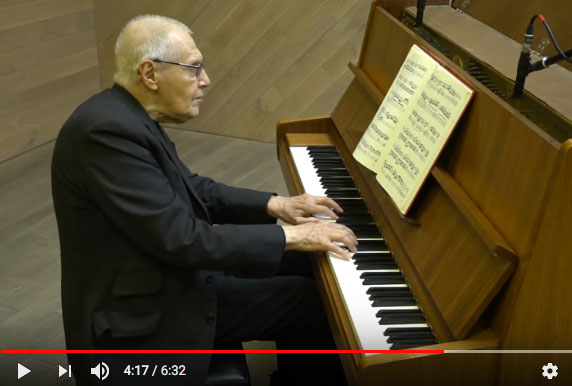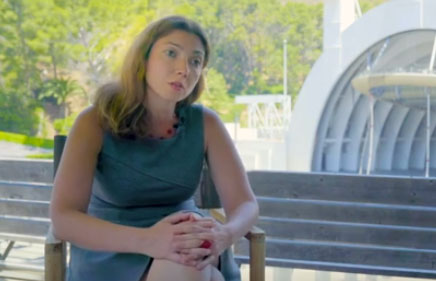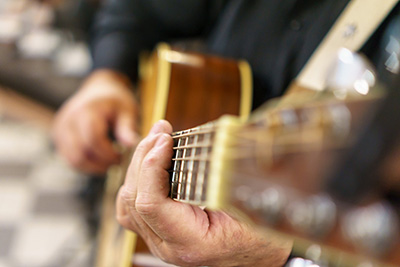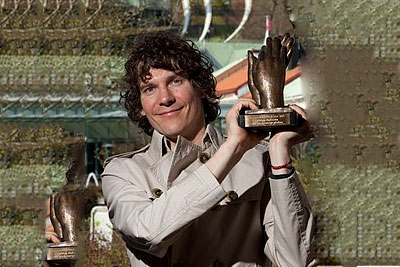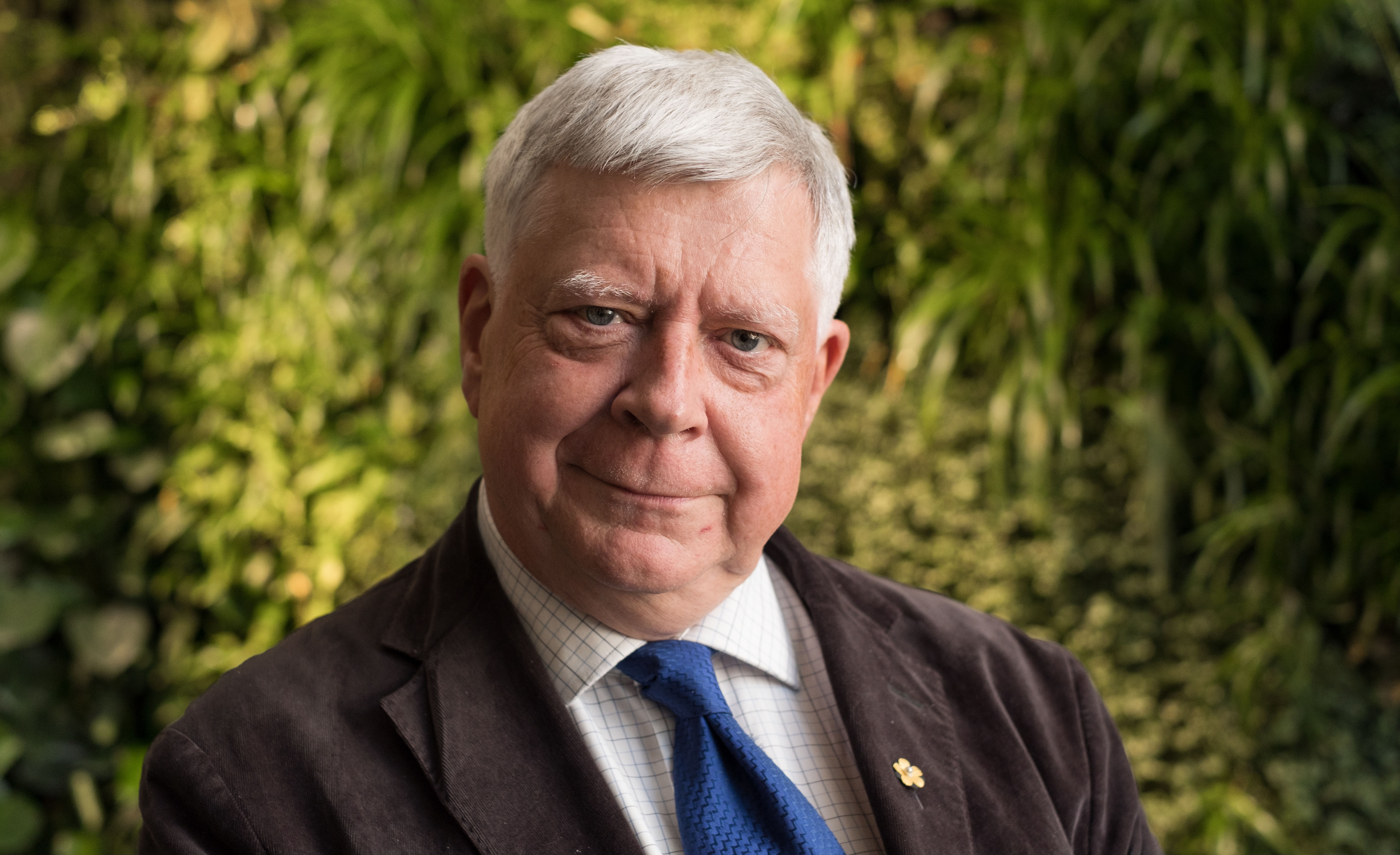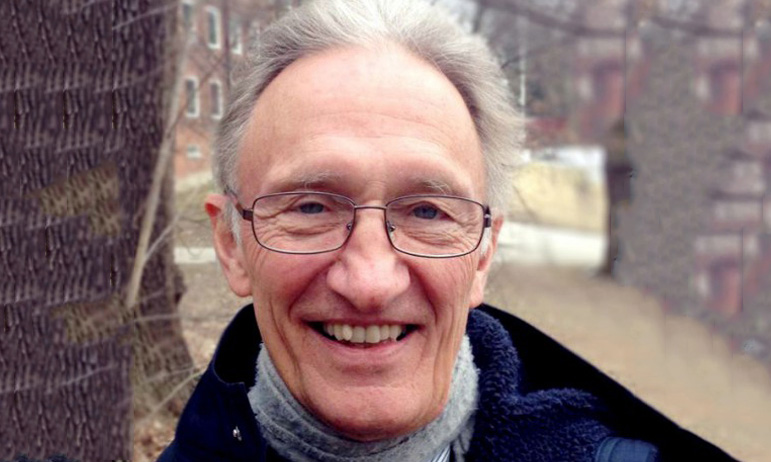Professor emeritus Gunnar Bjursell has been awarded the Bernadotte Prize 2024 of 200,000 SEK for his long-standing research - and significant public educational efforts - on cultural engagement and its effects on the brain, well-being, and health. Gunnar Bjursell has been a central figure in research on culture, brain, and …
John Sennett
International Dance Day 29th April 2024
We celebrate Dance Day with an International perspective and Dance Health! We invite you to an exclusive afternoon with Dance, art, and research. International experts in Dance Health, performance, and lectures! In collaboration with The Cultural Brain at KI and Dansens hus Dr. Sara Houston is a senior lecturer at the Department of …
In focus: Fredrik Ullén at the Max Planck Institute for Empirical Aesthetics
Fredrik Ullén is the director of the Max Planck Institute for Empirical Aesthetics in Frankfurt and a Professor of Cognitive Neuroscience at the Karolinska Institutet Major news from us at the Max Planck Institute for Empirical Aesthetics is that a new imaging center, CoBIC, has been inaugurated in Frankfurt this summer. …
How Our Brains Process Music
Researchers unlocked how the brain processes melodies, creating a detailed map of auditory cortex activity. Their study reveals that the brain engages in dual tasks when hearing music: tracking pitch with neurons used for speech and predicting future notes with music-specific neurons. This breakthrough clarifies the longstanding mystery of melody perception, …
Dr. Immordino-Yang video interview: How Emotions & Social Factors Impact Learning
Mary Helen Immordino-Yang, EdD is Professor of education, psychology and neuroscience at the University of Southern California and director of the Center for Affective Neuroscience, Development, Learning and Education, who has done groundbreaking research on emotions, self-awareness and social interactions and how these impact the way we learn and change …
Brain & Culture lecture May 23rd: “Is music special as a cue for autobiographical memories? Exploring the how and why” with Kelly Jakubowski
Title: Is music "special" as a cue for autobiographical memories? Exploring the how and why Speaker: Kelly Jakubowski, Associate Professor in Music Psychology, Co-Director of Centre for Research into Inner Experience, Department of Music, Durham University Date and time: Maj 23:e kl 14.00 Place: Inghesalen vid Widerströmska Huset, Tomtebodavägen 18, Solna About the lecture Many people think …
New study on Alston’s singing mice demonstrates that the brain can adapt our perception of time
In collaboration with New York University’s Michael Long and Stanford University’s Feng Chen and Shaul Druckmann, Cold Spring Harbor Laboratory neuroscientist Arkarup Banerjee is using Alston's singing mice, to understand how our brains control timing and communication. These studies may offer valuable insights into neurological conditions that affect our ability …
Building a better brain through music, dance and poetry
A growing body of research is probing art's effects on the brain. DrAfter123/Getty Images To make sense of difficult science, Michael Kofi Esson often turns to art. When he's struggling to understand the immune system or a rare disease, music and poetry serve as an anchor."It helps calm me down and …
New book by Robert Zatorre – “From Perception to Pleasure – The Neuroscience of Music and Why We Love It”
A new book by Robert Zatorre (a long time collaborator with the centre) entitled "From Perception to Pleasure - The Neuroscience of Music and Why We Love It" has just been published. The book explains and systematizes a large number of primary research findings, embedding them within an understanding of …
New study looks at the long term cognitive effects of choir singing
While increasing evidence points toward the benefits of musical activities in promoting cognitive and emotional well-being in older adults, little is currently known about the long-term effects of singing. This new research uses a 2-year follow-up study to assess aging-related changes in cognitive functioning and emotional and social well-being with …
Arts, Culture & the Brain: A literature review and new epidemiological analyses
An investigation into the impact of creativity and culture on the brain commissioned by the Arts Council in the U.K. What did the report find? The report offers extensive evidence that Engaging in creativity and culture is linked to positive wellbeing, feeling connected, and motivation in people across a range of …
Interview with Assal Habibi – music in education
This month Gunnar Bjursell has interviewed Assal Habibi, Assistant Research Professor of Psychology at the Brain and Creativity Institute at University of Southern California. Gunnar and Assal discuss the benefits of music in education and the impact it has on child development Full interview with subtitles in English
The Cultural Brain Hypothesis: How culture drives brain expansion, sociality, and life history
Humans have extraordinarily large brains, which tripled in size in the last few million years. Other animals also experienced a significant, though smaller, increase in brain size. These increases are puzzling, because brain tissue is energetically expensive—a smaller brain is easier to maintain in terms of calories. Here we present …
Does the amount of time you spend in school improve your intelligence, or are other factors more important?
This new study between Karolinska Institutet and the Radboud University Medical Center and Vrije University in Holland focused on how months of schooling related to intelligence in 6567 children (aged 9-11), taking into account factors such as socioeconomic status (SES) and cognitive ability. Notably, two years of schooling had a larger …
Why Should I Learn Music? It Can Be Good for Your Brain!
Research shows that playing music also contributes to our overall health and wellbeing and helps our thinking and planning skills. In this popular science article, we will first talk about how various parts of the brain are engaged to make music playing possible. We will also discuss benefits of music …
Danish study on music and sleep: here are the best songs to fall asleep to
The sounds we use to drift off "display a large variation including music characterised by high energy and tempo," say researchers at a Danish university. Researchers from Aarhus University analysed over 200,000 songs on Spotify from nearly a thousand playlists associated with helping users to get to sleep. Alongside the expected types …
In focus: The Music in Human and Social Development Research Group at the University of Edinburgh
The Music in Human and Social Development Research Group (previously the IMHSD*) brings together researchers, theorists and practitioners from across multiple disciplines including music, psychology, sociology, medicine, informatics, physics, education, linguistics and neuroscience to explore the complex and powerful role of music in human experience. The group's research has recently …
PhD position and Post Doc positions at the Max Planck Institute for Empirical Aesthetics
The Max Planck Institute for Empirical Aesthetics in Frankfurt am Main, Germany, investigates the attentional, cognitive, and affective mechanisms of aesthetic perception and evaluation. The Department of Cognitive Neuropsychology invites applications for a PhD position fixed term (36 months), salary scale 13 TVöD 65% Headed by Prof. Dr. Fredrik Ullén, the Department of Cognitive …
Fredrik Ullén awarded the KI Culture Prize 2022
Congratulations to Fredrik Ullén who was awarded the KI Culture Prize during KI Culture Day 19th October. Motivation for the prize Fredrik Ullén is Director at the Max Planck Institute for Empirical Aesthetics in Frankfurt, Professor of Cognitive Neuroscience at Karolinska Institutet, and also a concert pianist. His major research interests are …
In focus: Fredrik Ullén at the Max Planck Institute for Empirical Aesthetics
The Max Planck Institute for Empirical Aesthetics is in many ways a unique research institute. A fundamental principal is that the institute should be a creative and interdisciplinary environment where empirical researchers within fields such as neuroscience, psychology and behavioral genetics interact with academics with a relevant background in the …
Arts and Public Health — Daisy Fancourt video interview
Daisy Fancourt on the effect arts have on our well-being, the correlation between reading fiction and health behavior and how arts can treat chronic pain and mental health problems like depression and dementia. Her studies are based on empirical data from large scale national public data (so called cohort studies), …
Review article: music perception, action, emotion and learning all rest on our fundamental capacity for prediction
Music is ubiquitous across human cultures - as a source of affective and pleasurable experience, moving us both physically and emotionally - and learning to play music shapes both brain structure and brain function. Music processing in the brain - namely, the perception of melody, harmony and rhythm - has …
Interview with Internationally renowned soprano Renee Fleming : How does music affect the mind?
Internationally renowned soprano and Grammy Award winner Renee Fleming is interviewed in The Advocate prior to her presentation "Music and the Mind: Exploring the Intersection of Music, Health and Neuroscience" at Pennington Biomedical Center on Tuesday, May 10. Renee thinks of the human body as an orchestra - made up …
New study about the individual differences in ordinary aesthetic experience
Aesthetic experience seems both regular and idiosyncratic. On one hand, there are powerful regularities in what we tend to find attractive versus unattractive (e.g., beaches versus mud puddles). On the other hand, our tastes also vary dramatically from person to person: what one of us finds beautiful, another might find …
In focus: McMaster Institute for Music & the Mind
The McMaster Institute for Music and the Mind (MIMM) is an interdisciplinary group of researchers including psychologists, neuroscientists, music theorists, musicians, dancers, media artists, mathematicians, kinesiologists, health scientists, and engineers. At the institute, scientists, researchers, and musicians study questions about the physical structure, evolution, neural processing, performance, and perception of music, …
Bilinguals utilize inhibitory control and enhanced subcortical auditory processing in everyday listening situations
There is evidence to suggest that bilingual individuals have enhanced auditory processing and inhibitory control, and this study in Frontiers in Neuroscience by Nina Kraus et al looks at how these cognitive and sensory enhancements are used during real-world listening, comparing the responses of both bilingual and monolingual individuals. During …
Video from lecture with Yulia Kovas February 4th: “Oedipus Rex in the Genomic Era”
Speaker: Yulia Kovas, Goldsmiths, London University Title: Oedipus Rex in the Genomic Era Watch the video online here Abstract In this seminar we will take a journey into the Genomic Era, taking Sophocles as a guide. We will explore the rapid genetic advances and ever expanding insights into the human genome. We will explore what …
The role of the brain as a prediction machine when listening to musical phrases
A new study from Aarhus University in Denmark sheds new light on the brain’s capacity to predict musical phrases. Assistant Professor and AIAS fellow Niels Chr. Hansen documents that research participants experience musical phrases in a similar way to spoken sentences. The prediction process occurs when the musical phrase ends …
Research in focus: Trait Empathy Shapes Neural Responses Toward Sad Music
Individuals with a predisposition to empathize engage with sad music in a compelling way, experiencing overall more pleasurable emotions. However, the neural mechanisms underlying these music-related experiences in empathic individuals are unknown. The present study published in Cognitive, Affective and Behavioral Neuroscience, tested whether dispositional empathy modulates neural responses to …
International operatic soprano Renée Fleming discusses the NIH Sound Health initiative at the Lake Nona Impact Forum
“There are clear scientific benefits for music and arts in health"(Renée Fleming) “We want to create well being rather than just treat disease” (Renée Fleming) International operatic soprano Renée Fleming held a session at the virtual Lake Nona Impact Forum earlier this year entitled Arts and Health as Prescriptions for the Future. …
Mathematical anxiety in focus – an interview with Professor Yulia Kovas
Mathematical anxiety, also known as maths phobia, is anxiety about one's ability to do mathematics. Professor Yulia Kovas from Goldsmiths University, London, discusses the impact of mathematical anxiety with Professor Gunnar Bjursell from The Centre for Culture, Cognition and Health. Yulia Kovacs will be holding a lecture on May 19th …
Isabelle Peretz is awarded the Montreal Women’s Y Foundation’s 27th Women of Distinction Award for Research and Innovation
Isabelle Peretz has been awarded the Montreal Women’s Y Foundation’s 27th Women of Distinction Award for the category Research and Innovation. Among her achievements, she established BRAMS (International Laboratory for BRAin, Music and Sound research) at the Université de Montréal campus in 2005. She was among the first to demonstrate …
How Music Sculpts Our Brain – a new book by Isabelle Peretz
How does the process of learning music impact our brain? To what extent does it foster curiosity, attention and enhance memory? How is it linked with reading, learning languages, or mathematical thinking? Does a child need a musical ear to develop musical ability and make progress in music? Is there …
Your Brain on Music: Why We Love It, Why We Create It, and Why It’s The Antidote to Our Uncertain Future
A new lecture series is presented by the John Hopkins University. Each week will consist of an interactive short lecture followed by class discussion. Occasional recommended readings will be shared via email the week prior to class. See the link below for this weeks lecture and a list of prerecorded …
Introducing LIVELab at the McMaster Institute for Music & the Mind (MIMM)
Located within the McMaster Institute for Music & the Mind (MIMM) in Hamilton, Canada, the LIVELab is a 106 seat research-based performance theatre and testing centre. The LIVELab is committed to developing a world class facility for the scientific study of music, sound, and movement and their importance in human …
The U.K. National Centre for Creative Health is launched
A new centre, which aims to promote creativity for healthy lives, has just been launched in the United Kingdom. The National Centre for Creative Health was formed as a result of the U.K. government’s Creative Health report, which stresses the importance of the arts on health and well being. Research shows …
Fredrik Ullén on Sorabji and science
The last volume of Fredrik Ullén's recording of Sorabji's 100 Transcendental Studies for piano has just been released: almost 8 and half hours of hypercomplex piano music by one of the most interesting, creative and enigmatic composers of the 20th century. Fredrik talks about the project and relations between music …
Welcome to the ‘Music and Personality’ experiment, conducted by Prof. Glenn Schellenberg with colleagues at the University of Lisbon!
Find out more about your personality and musical talent! Welcome to the 'Music and Personality' experiment! The aim of this study is to explore how musical abilities are associated with personality, nonmusical abilities, formal music training, and informal musical activities (e.g., listening, attending concerts). The experiment takes around 45 minutes …
Grant for 5.6 million SEK from The Swedish Research Council
Fredrik Ullén's group at the Centre for Culture Cognition and Health have received a grant for 5.6 million SEK from The Swedish Research Council for research about learning processes, using piano playing as a model. The project is in collaboration with Martin Lövdén at the centre, colleagues at the Max …
Grant for 1.2 M SEK from Hjärnfonden
Fredrik Ullén's group in The Centre for Culture, Cognition and Health has received a grant from Hjärnfonden for research relating to neural markers for learning, where a piano melody is used as a model to understand how the brain learns new skills. Hjärnfonden’s support is especially appreciated during a time …
Take part in our new study: Cultural Activities and Psychological Well-Being During the COVID-19 Pandemic
This project aims to discover how our participation in cultural and leisure activities has changed during the COVID-19 pandemic. We also want to investigate the importance of such participation for psychological well-being during the pandemic. The project is an anonymous online survey and everyone over 18 years old is welcome …
Gunnar Bjursell writes the intro lyrics to Håkan Hellström’s song “Bit dig i läppen”
Photo: Wikipedia Pop singer Håkan Hellström has chosen to use an introduction written by Gunnar Bjursell from the Centre for Culture, Cognition and Health in his song “Bit dig i läppen”. The introduction is about the healing power of music. Håkan has expressed an interest in the work carried out by …
Music and Mind Live: Renée Fleming interviewed online in a new series from the Kennedy Centre
Photo: Wikipedia Renée Fleming, who recently received the Isadore Rosenfelt advocacy Award, is one of the experts in music and health featured in an interview by Dr. Vivek Murthy in a new online series from the Kennedy Center. It is important that dialogue and culture is kept alive during the Corona virus …
Using a cappella to explain speech and music specialization
A recent study suggests humans have developed complementary neural systems in each hemisphere for auditory stimuli. Speech and music are two fundamentally human activities that are decoded in different brain hemispheres. The study used a unique approach to reveal why this specialization exists. Researchers at The Neuro (Montreal Neurological Institute-Hospital) of …
Postponed: Sickness in Art, Science and Music – an evening at Thielska Art Gallery
The Centre for Culture, Cognition and Health's evening in collaboration with Thielska Gallery entitled Sickness in Art, Science and Music, exhibited with the gallery's Edvard Munch collection has regrettably been postponed. This is unfortunate, but we are hoping to hold this event at a later date so please check this …
An Interview with Ingemar Ernberg
The cultural brain initiative will quell the traditional mistrust that exists between scientist and humanists, says Ingemar Ernberg, chairman of the Cultural Council at Karolinska Institutet. Read this interview by Håkan Lindgren in Swedish on the link below. Interview with Ingemar Ernberg (in Swedish)
NIH Sound and Health intitiative -which projects were financed?
The American public health department NIH has recently financed the Sound Health Intitiative for 20 Million Dollars. The intitiative aims to research the potential of music in the treatment of a wide spectrum of neurological and psychiatric conditions. Which projects have been financed? Below is a list with a short …

